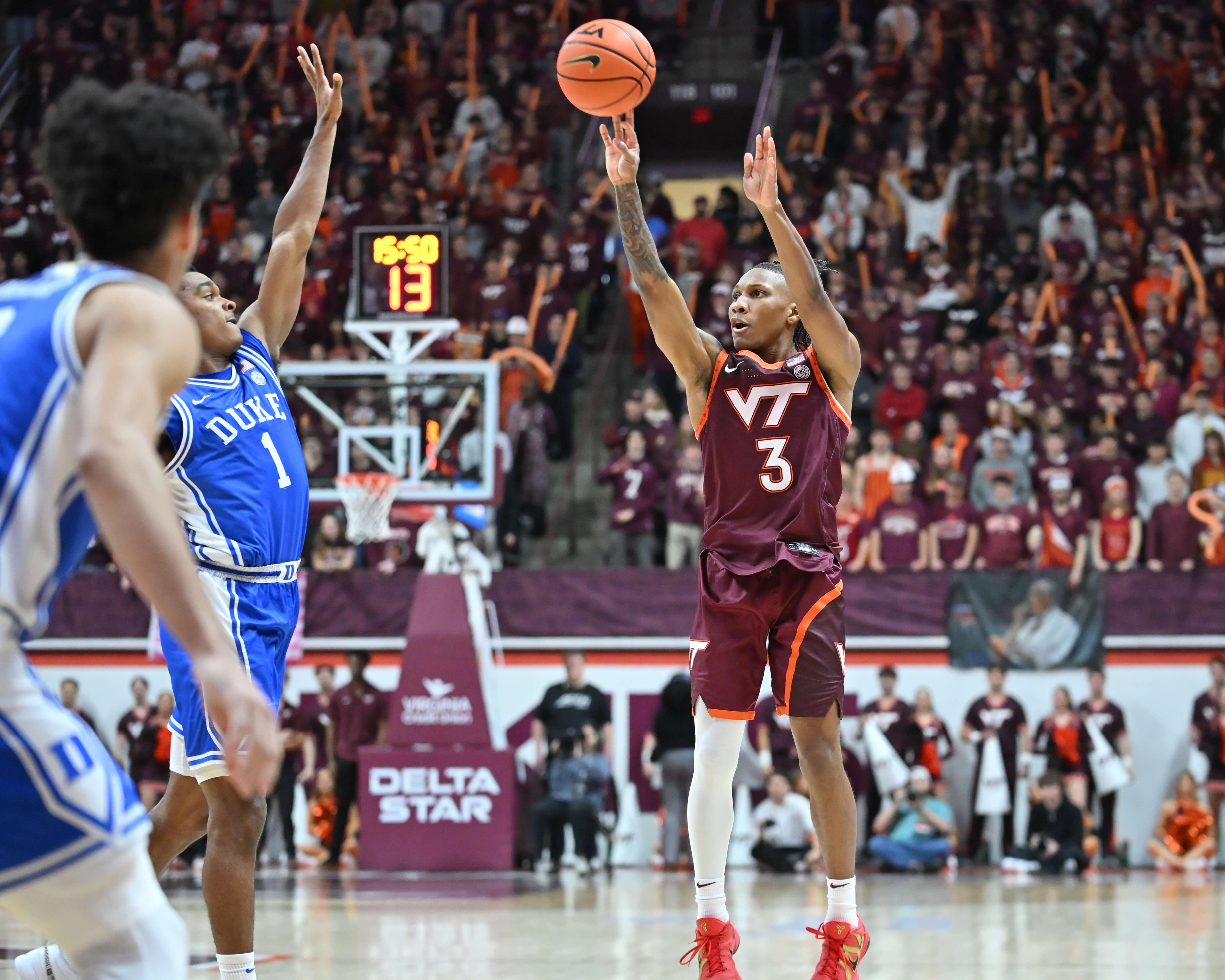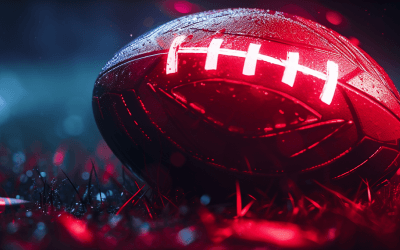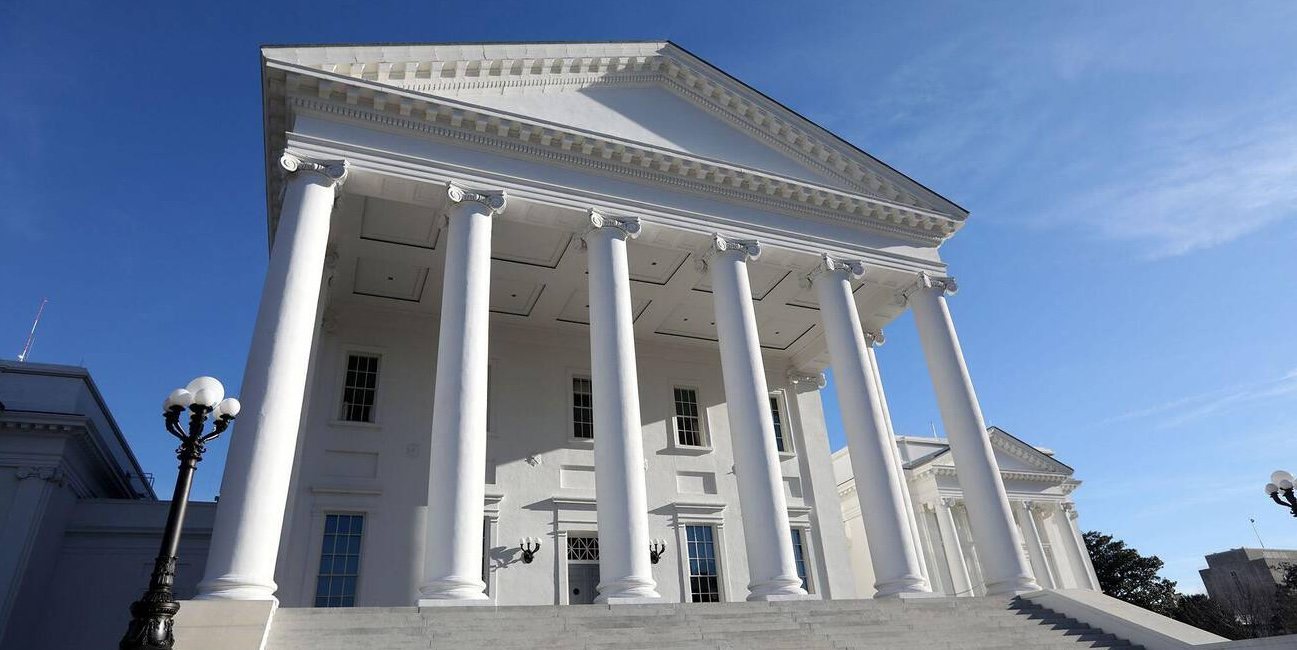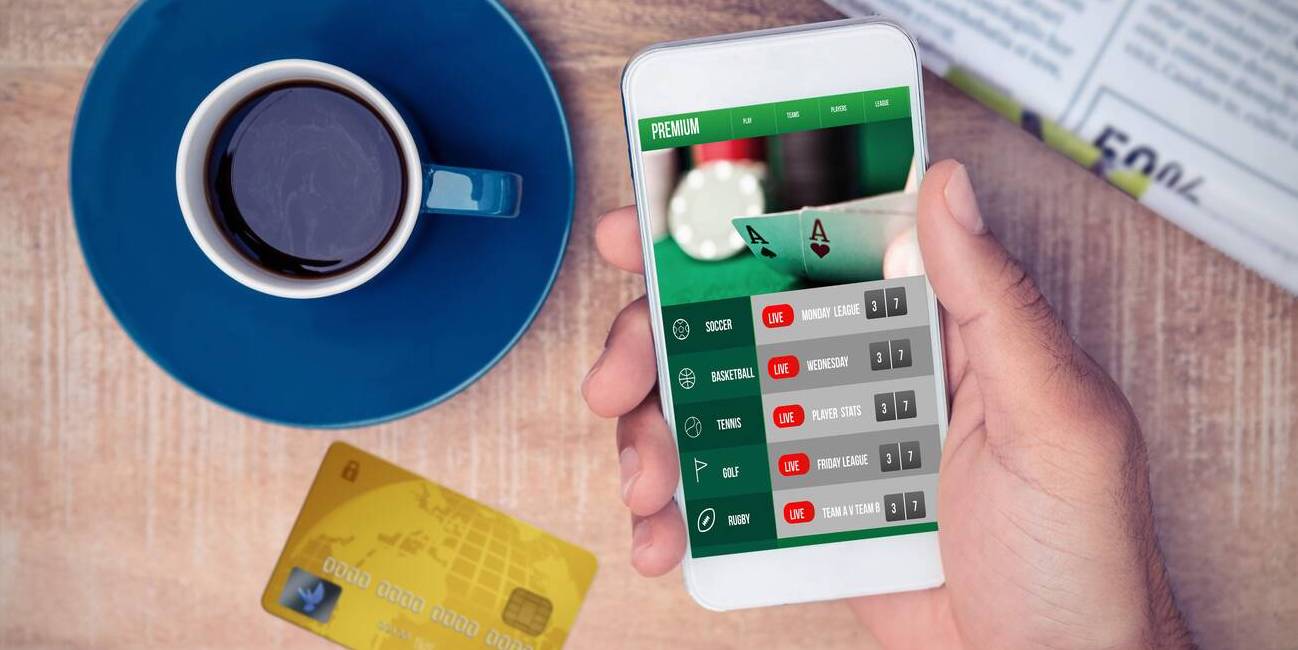Sports betting in the nation’s capital recently underwent a major change. It might evolve again soon thanks to action the Council of the District of Columbia took Wednesday afternoon.
Council members spent more than 40 minutes of the two-hour-plus session to pass budget measures, discussing whether a provision allowing multiple operators to offer online wagering across the District should stay in the spending plan. Councilmember Kenyan McDuffie and Council Chairman Phil Mendelson attached the expansion proposal to the budget two weeks ago.
FanDuel, which also offers FanDuel Virginia Sportsbook, just took over for Intralot just two months ago as the sole D.C. online wagering operator. Under the new proposal, online wagering access would also be granted across the District for sportsbooks that partner with local professional sports teams and venues.
If the idea becomes law, D.C. would join the likes of Virginia and the majority of sports betting states in licensing multiple operators. However, doing so could have an impact on the District’s finances, according to one sports betting executive.
Councilmembers Split On Process
The plan triggered several discussions among council members Wednesday. They raised concerns about the potential impact an expansion would have on Washington’s small businesses, some of which have sports betting kiosks in their stores. Some, still weary of how sports betting was first legalized in the District in 2018, questioned the need to rush through the process yet again.
Others, like Councilmember Brianne Nadeau, felt they were being put in an untenable position. Nadeau opposes sports betting because she has “serious concerns” about how it affects the District’s residents.
“What I take issue with is being asked to vote on this in the (Budget Support Act),” Nadeau explained. “A measure that if it was standalone, I would not want to be put in a position to vote for, and by virtue of being in this budget package, I’m forced to vote for it or vote against the budget.”
In the end, Parker’s amendment was defeated, as only four of the 13 members supported it. The Council then approved the bill's first reading, which requires a second reading that could take place next week.
Even if the Council formally approves it, the budget plan still must be approved by both D.C. Mayor Muriel Bowser and Congress, which according to the Constitution has absolute legislative powers over the District.
Revenue from sports betting has been tiny in Washington compared to VA sports betting apps and their counterparts in Maryland. In all of 2023, revenue from Gambet (i.e. Intralot) and non-Gambet sportsbooks in D.C. totaled about $19 million. Virginia averaged about $37.3 million in sports betting revenue per month in 2023 and Maryland averaged about $25.65 million a month.
One of the major complaints against Intralot was that its odds were not competitive. That meant Intralot would typically have a larger hold than normal, and bettors would profit less.
What Would Happen If D.C. Sports Betting Expands?
If it becomes a reality, expanded D.C. sports betting would create a new license structure, with the city’s major professional sports teams becoming eligible for district-wide online licenses. Those licenses would cost $2 million for five years, with subsequent renewals for $1 million. Operators partnering with teams for those licenses would pay a 30% tax on their monthly gross gaming revenues.
This week, Kim Stone, the CEO for the Washington Spirit of the National Women’s Soccer League, hailed the plan in an open letter on the team’s website. She said the new licenses would open the door for more disadvantaged businesses to benefit.
“When only one sportsbook controls the market, there is less incentive to create lucrative marketing deals and partnerships,” Stone wrote. “These partnerships could be worth tens of millions of dollars, especially for local businesses that are more likely to be women, minority, and Black-owned in D.C.”
However, in a letter last week to Mendelson, FanDuel President Christian Genetski warned that opening the door to competition would result in less money for the District. He noted that District officials have testified that Washington could lose out on more than $15 million over the next four years if the new plan proceeds.
Currently, FanDuel shares 40% of the revenue with the D.C. Office of Lottery and Gaming. It also guaranteed $5 million for the current fiscal year, the last of the existing contract, and would pledge $10 million per year if the option is exercised next month.
FanDuel is also in the process of installing its kiosks at participating lottery retailers, a move Genetski said would stop if the expansion proceeds. Instead, the sports betting giant, which is also a leading Virginia sports betting operator, would use its license agreement with Major League Soccer’s D.C. United.
“Any District-wide sportsbook operations by OLG would no longer have participation from FanDuel,” Genetski wrote. “In total, the sports wagering contemplated under Subtitle R would allow multiple operators to offer citywide mobile sports wagering at either half or three-quarters of the revenue share currently provided by FanDuel under the OLG contract without (i) minimum revenue guarantees or (ii) an obligation to furnish and service retailers with kiosk machines.”
Who Might Enter D.C. Market?
Besides FanDuel, Caesars and BetMGM are also currently licensed in D.C. Caesars partners with Monumental Sports & Entertainment, the company that owns the NHL’s Washington Capitals, NBA’s Washington Wizards and WNBA’s Washington Mystics. BetMGM is available through its relationship with the Washington Nationals of MLB.
However, under the current sports betting laws, neither can operate outside of a two-block radius of Capital One Arena (Caesars) or Nationals Park (BetMGM).
Assuming those two remain in D.C., theoretically, up to four more licenses could become available. That would open the door for such operators as bet365, DraftKings, ESPN BET, Fanatics or others.
All of those major operators and others are in VA as well and offer Virginia sportsbook promotions for signing up.
How Big Is D.C.?
On its own, D.C. has a population of just 670,000, so it would be considered a very small market. However, Washington has the nation’s second-highest median household income at $88,311. Additionally, sports fans who travel to the District from Virginia or Maryland could use apps they already have installed on their phones to wager. When you include the surrounding communities in Maryland, Virginia and even West Virginia, the Washington area balloons to more than 6 million people, making it the sixth-largest metropolis in the U.S.
It’s uncertain when exactly the new licenses would become available, though McDuffie has previously said it could happen as early as July 15. That’s the date when the five-year contract with Intralot expires. If that’s the case, additional D.C. sports betting apps could be up and running in time for the Washington Commanders games.
Speaking of the city’s NFL team, follow Washington Commanders playoff chances all season with BetVirginia.com.
USA Today photo by Rick Osentoski








